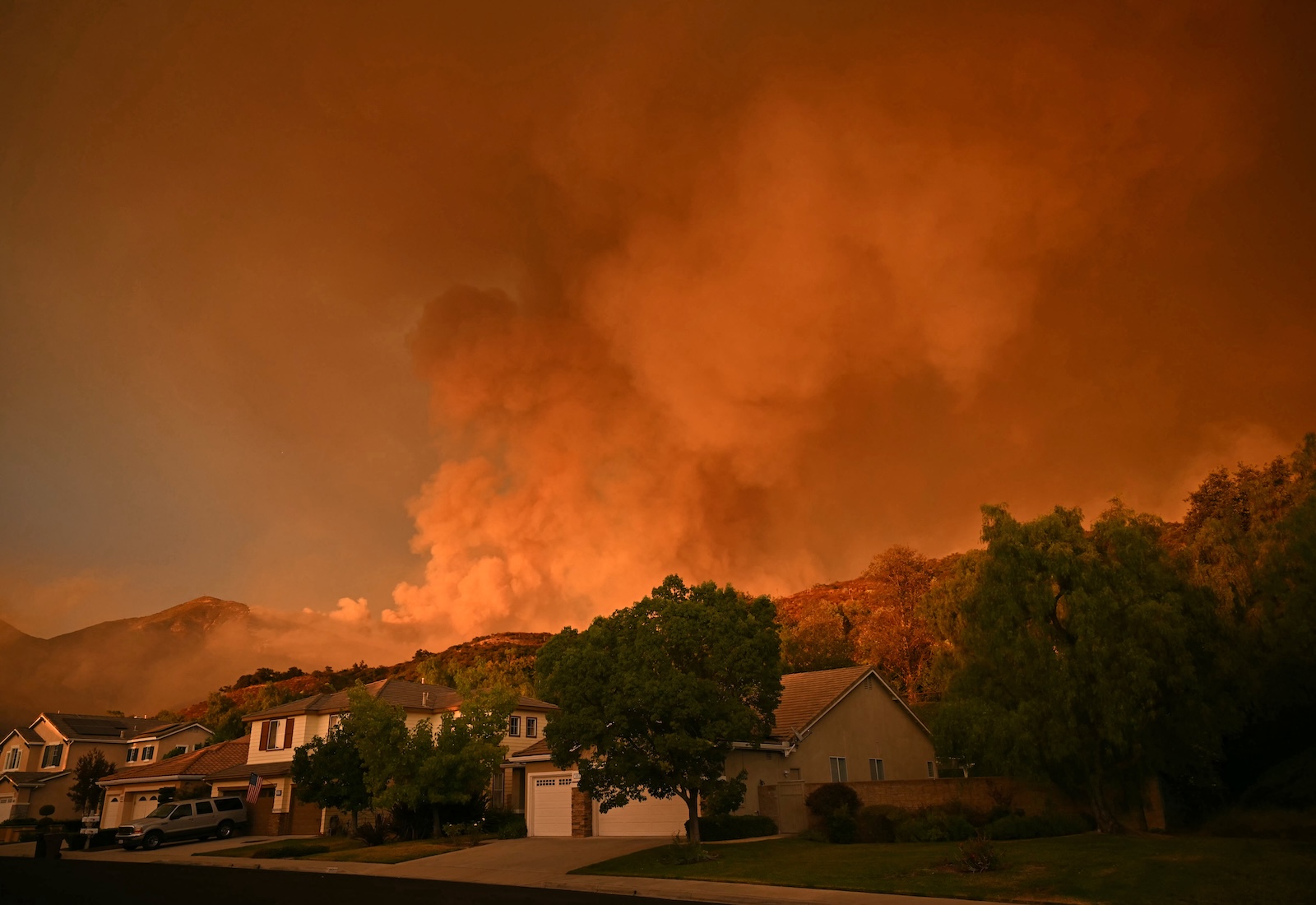Every several years for the past 25 years, the federal government has published a comprehensive look at the way climate change is affecting the country. States, local governments, businesses, farmers, and many others use this National Climate Assessment to prepare for rising temperatures, more bouts of extreme weather, and worsening disasters such as wildfires.
On Monday, however, the Trump administration told all of the more than 400 volunteer scientists and experts working on the next assessment that it was releasing them from their roles. A brief memo said the scope of the report was being “reevaluated” within the context of the Congressional legislation that mandates it.
The move throws the National Climate Assessment, whose sixth iteration is supposed to be released in late 2027 or early 2028, into even deeper uncertainty. Earlier this month, the Trump administration canceled funding for the U.S. Global Change Research Program, the White House office that produces the report and helps coordinate research across more than a dozen federal agencies.
Rachel Cleetus, a senior policy director at the Union of Concerned Scientists, was among the authors who were dismissed on Monday. She and her colleagues had just submitted a draft outline for a chapter about coastlines, with information on how sea level rise could affect communities and urban infrastructure.
“It was an honor and I was looking forward to contributing,” Cleetus said. “This is the kind of actionable science that people need to help prepare for climate change and address the challenges that climate change is already bringing our way.”
Cleetus said it was “irresponsible” that the administration would dismiss hundreds of experts working on the assessment, seemingly without a plan for creating an alternative. Although the memo says participants may still have “opportunities to contribute or engage,” it doesn’t elaborate and the White House did not respond to a list of questions from Grist.
The Trump administration is required by the Global Change Research Act of 1990 to, among other things, commission a scientific report every four years on “global change, both human-induced and natural.” The report is supposed to cover the latest science on a wide range of climate and environmental trends and how they might affect agriculture, energy production, human health, and other areas for the next 25 to 100 years.
Since 2000, this report has taken the form of the National Climate Assessment. The last one, released in 2023, broke down climate impacts by topic and geography, with individual chapters on the Northeast, Midwest, Southwest, and so on. It also laid out the state of the science on mitigating and adapting to climate change, including examples of what many cities and states are already doing. The fourth assessment was published in 2018, during Trump’s first term in the White House.

Patrick T. Fallon / AFP via Getty Images
All of the science that informs the national assessments must be peer-reviewed, and the reports themselves don’t endorse specific policies. “They’re not telling anyone what to do,” said Melissa Finucane, the Union of Concerned Scientists’ vice president of science and innovation and an author of the fifth assessment. “They’re just providing information on how to best address problems with effective solutions.”
What’s next for the National Climate Assessment is unclear. Legally, only Congress can scrap it altogether, but experts say the Trump administration could decide to publish a dramatically scaled-back version or use it as a tool for misinformation — by, for instance, downplaying the link between global warming and the use of fossil fuels.
“One might be concerned that the administration will replace it with something much less robust, replacing it potentially with junk science,” Finucane said.
The Heritage Foundation’s Project 2025, a list of policy recommendations that the Trump administration seems to have drawn from during its first 100 days, only mentions the National Climate Assessment in a short section about the U.S. Global Change Research Program. Russell Vought, now director of the Trump administration’s Office of Management and Budget, recommended that the program be scaled back to a limited advisory role. He wrote that the program typified “climate fanaticism” and “the woke agenda.”
Another possibility is that the experts involved in the assessment will continue their work, even without federal support. That’s what happened earlier this year with what was supposed to be the country’s first National Nature Assessment. When the Trump administration canceled work on it in February, its authors vowed to carry on and publish their results anyway.
Finucane said the Nature Assessment had been farther along than the sixth climate report, and that it wouldn’t be possible for a small group of volunteers to take on the massive amount of work and coordination required to put together the sixth assessment “I absolutely hope that the work that has been done can continue in some way, but we have to have our eyes wide open,” Finucane said.
Dave White, director of the Global Institute of Sustainability and Innovation at Arizona State University, said there are some international and state-level climate reports that could fill in the gaps left by a scaled-back or canceled National Climate Assessment. The U.N.’s Intergovernmental Panel on Climate Change, for example, synthesizes climate science on a global level every few years (although the Trump administration recently blocked federal scientists from participating in it).
“I’m disappointed, upset, frustrated on behalf of not only myself and my colleagues, but also on behalf of the American communities that benefit from the knowledge and tools developed by the assessment,” White said. “Those will be taken away from American communities now.”
